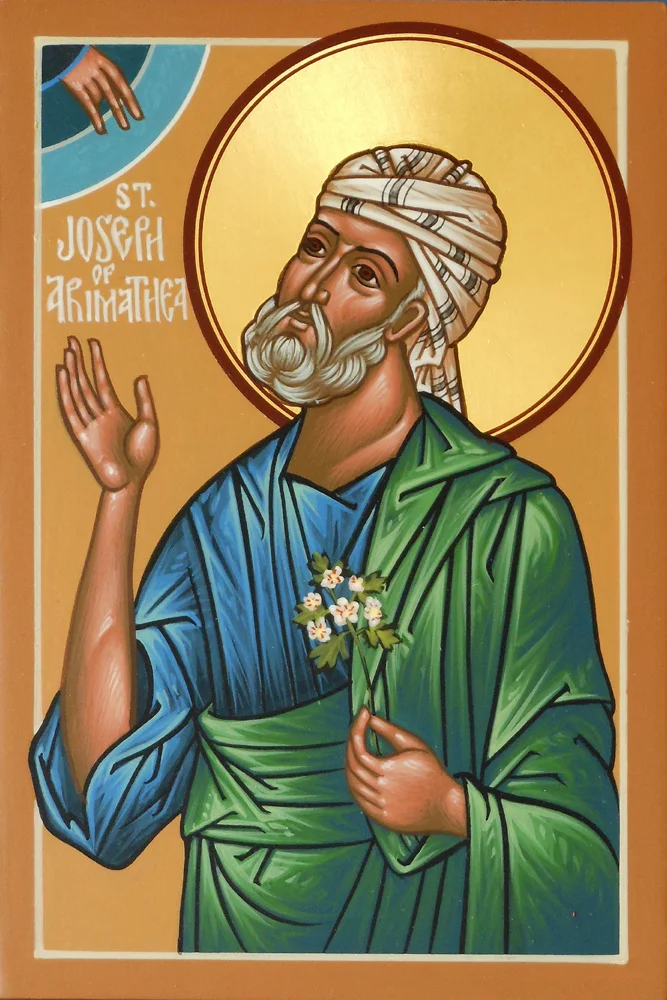Wendell Berry
“If you’re aching over the ugliness and unworthiness of the current American situation, take hope in the beauty of the Hannah Coulters of our world—who have lost so much and yet never been defeated.” Parker Palmer, Christian Century, October 24, 2018, vol. 135, no. 22. p. 24.
This recent Christian Century issue asked well- known authors, “What book would you describe as beautiful?” Parker Palmer’s source of beauty was Hannah Coulter, one of Wendell Berry eight novels about a fictional town, Port William, near the Kentucky River. Berry knows this land well since he and his family have farmed there for many generations. Parker was drawn to Hannah’s beauty as an icon of an elderly survivor of the death of two husbands who still could not be defeated by life as she renews a relationship with her community and the land. She tells her story simply and never loses hope even when her three children leave the farm. Hannah’s story is one of adaptation.
Our book group some years ago read A Place in Time, another book by Wendell Berry composed of twenty stories about the history of the Catletts, the Coulters, the Penns, the Rowanberrys, the Milbys, the Branches, from the end of the Civil War in 1864 to 2008 in Port William. These also are stories of the survivors of a hard life. Beulah Gibbs narrates her own story of how she and her family accumulated their possessions and land as she watches all being sold at auction so she can have money to go into a nursing home. Her worldly goods look different and not as important when they sit out on our lawn rather than in her living room. They are not as meaningful when they lose their relationship to each other.
Beulah Gibbs survives with memories of all that long life with her family on the farm keeping her company, as she looks forward to the caring visits of her community and those she loves.
I remember the story of the farmhand who has a crush on the preacher’s wife just before he goes off the World War II, but I have already forgotten many of the stories. However, as I pick up the book, I like Palmer, also remember and feel hope and beauty being personified in the pages of the twenty stories.
I am learning a little about connecting hope to beauty and want to continue to read about both, especially from masters of hope and beauty such as Berry and Palmer.
Joanna joannaseibert.com


